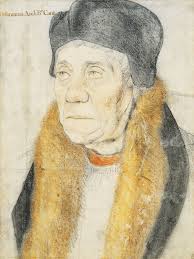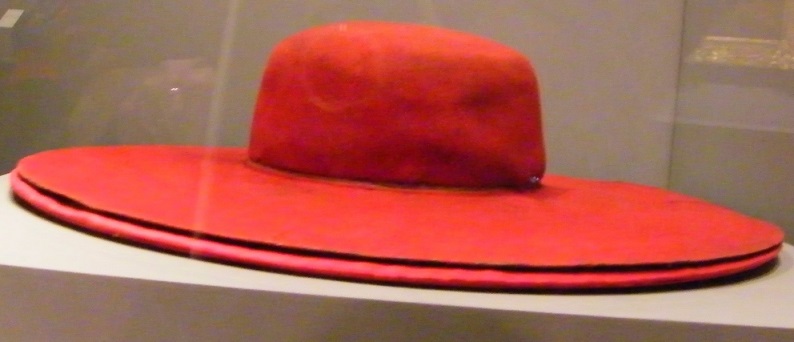Thomas Wolsey: Life Story
Chapter 7 : Lord Chancellor
In 1514, Archbishop Warham resigned the Chancellorship in Wolsey's favour. Wolsey was not trained in either Civil or Canon Law and this was both a blessing and a curse in his role as Lord Chancellor. In those times the Lord Chancellor still acted as a judge, and it is apparent that Wolsey took this very seriously. Whilst he was gaining a terrible reputation for pride, arrogance and avarice, he was also winning plaudits as a man who dispensed swift, impartial justice.

"He has the reputation of being extremely just; he favours the people exceedingly, and especially the poor, hearing their suits and seeking to dispatch them instantly." – Venetian Ambassador
Wolsey was not interested in the niceties of the law, and would move suits from Common Law courts to Chancery which inevitably drew the enmity of Common Law lawyers, but it gave the principle of Equity in law a new lease of life. It soon became obvious that he would not tolerate law breaking by even the highest in the land. Nobles and gentlemen who were used to having their own way in the local Assize Courts were swiftly disabused of their belief that they were above the law. This may sound admirable to us, but it made Wolsey no friends at the time.

This lack of deference to his "betters", and the ostentation and magnificence of his general demeanour, (his Cardinal's hat was treated as though it were a holy relic) was creating a huge groundswell of resentment amongst the other men who surrounded the King.
A fine example is the imprisonment in the Fleet prison of no less a personage than the Earl of Northumberland for "retaining" ie having men-at-arms in his pay, wearing his livery instead of the King's. Another aspect of Wolsey's impartial law enforcement that earned him many enemies at court, was the rigorous enforcement of the laws against enclosure of land that had been passed by Parliament in 1517-18, but were frequently ignored by high-ranking men.



